Approximately 50% to 80% of women are likely to develop stretch marks in pregnancy. Miscellaneous creams are known to offer some benefit in striae gravidarum. But no reliable evidence is available to conclude that any creams or topical ointments can help prevent stretch marks. Although not an illness, stretch marks can give nervousness to many expectant mothers. Some studies indicate that women who have developed stretch marks in pregnancy can avoid getting further marks in pregnancy.
What are stretch marks?
Stretch mark is a scar developed when the skin stretches or shrivels abruptly. The abruptness of these changes leads to the rupture of the collagen and elastin. When the skin starts to heal, stretch marks can appear. Stretch marks may not be present on every expectant mother??s body.Fluctuations in hormonal levels play a role. Stretch marks may run in families. If someone close to an expectant mother had stretch marks, such an expectant mother is more prone to develop stretch marks.
What are the body parts most prone to develop stretch marks?
- Thighs
- Hips
- Bottom
- Chest
- Stomach
What are some of the most common situations to develop stretch marks?
- Pregnancy
- Growth series occurring in puberty
- Sudden weight gain or sudden weight loss
- Weight management program while undergoing rapid muscle growth
What are the risk factors identified in the development of stretch mark?
General risk factors:
- Body mass index
- High pre-pregnancy weight
- Family history of stretch marks
- High weight during the delivery
- High gestational weight gain
- Young age
Maternal risk factors in pregnancy:
- Low intake of water
- Low level of serum relaxin
- Increase in the abdominal and hip circumference
- Low level of serum vitamin C
- Increased body mass index at delivery
Are there any techniques to prevent the stretch marks?
Genetics, as per experts, are the causes for stretch marks. But it may not always mean that a person will get stretch marks if either of the parents has it. Maintaining a healthy body mass index could be the first effective step towards preventing stretch marks. Ample consumption of water can help prevent the possible damage caused by the stretches of the skin.
It??s best to include the foods rich in zinc in the diet. Foods rich in Vitamin A, Vitamin C, Vitamin D such as milk, citrus and sweet potatoes can benefit in stretch marks.
Diets and exercise:
- Aerobics:
Aerobic is a kind of exercise mostly known to augment the blood circulation. It assures that the nutrients needed to the skin are aptly supplied to the surface. It may lessen the severity of the stretch marks. Morning walks can help those with stretch marks to an enormous extent. Half an hour every day or at least four days of a week should be spent in aerobics.
Push-ups help reduce the stretch marks around the breasts. One can start push-ups and increase their inclusion as needed.
Abdominal stretch marks can be a reason for public embarrassment. While the stretch marks on abdomen are hard to treat, sit-ups and crunches can work wonders provided they are performed regularly.
Squats are a known ally to the muscle tone in hips, thighs and butts. Even when it comes to squats, those who are new to them can start with fewer squats and go on increasing them every day.
What are the methods to remove the stretch marks?
The efficacy and results of the removal methods may vary from person to person. The results may be satisfactory in the first few days.
- Microdermabrasion
- Surgical intervention
- Radiofrequency treatment
- Light therapy and laser intervention
- Topical medications and creams or ointments
Almond Oil:
Oils have been known for centuries to generate moisture and increase the blood flow to various areas. There is no enough evidence to demonstrate whether the combination of massage and oil prevents stretch marks or not. Bitter almond oil is used by some people to treat the expectant mothers as it doesn??t pose a risk to mother or the foetus.
Hyaluronic Acid:
There are creams available in the modern marketplace today such as Verum and Alphastria. Alphastria is a proprietary medicine with Hyaluronic Acid, Vitamin A, Vitamin E, Allantoin and Calcium Pantothenate as the main constituents. Verum is another proprietary cream that contains Vitamin E, essential fatty acids, panthenol, hyaluronic acid, elastin and menthol.
Hyaluronic acid is the constituent common in both the proprietary medicines. Hyaluronic Acid is reported to facilitate tensile resistance to mechanical pressures and palliate the atrophy by inducing fibroblast activity and collagen synthesis thereby increasing the skin volume.
Tretinoin:
Tretinoin is a category C drug in pregnancy and therefore caution is required while administering it in patients. Patients are advised not to use it until the lactation period. Erythematous Stretch marks become less severe after Tretinoin is administered in the treatment of stretch marks.
Centella:
Centella in combination with other ingredients is reported to help prevent stretch marks. Centella is a medicinal herb whose usage in various creams can help prevent the stretch marks or minimize their severity. Centella is a popular name for Centella Asiatica, a plant commonly found in South Asia. It??s used to treat Leprosy, Venous stasis, ulcers and eczemas. Trofolastin is a proprietary medicine containing centella extracts.
Lasers and other light devices:
Lasers and treatments involving lasers and other light devices are becoming popular nowadays. 585-nm flashlamp-pumped pulsed-dye laser is one of the most preferred lasers to treat stretch marks. Pulsed-dye laser, Excimer Laser, 1450-nm Diode Laser and Copper-Bromide Laser are some of the other laser variants used to treat stretch marks.
It??s mandatory to consult the obstetrics and gynaecology department or a seasoned dermatologist before administering any treatment. A gynaecologist may ask for the medical history before administering the standalone treatment or combinations. A good diet and regular exercise are the best ways to prevent stretch marks.


 Toll Free Number
Toll Free Number








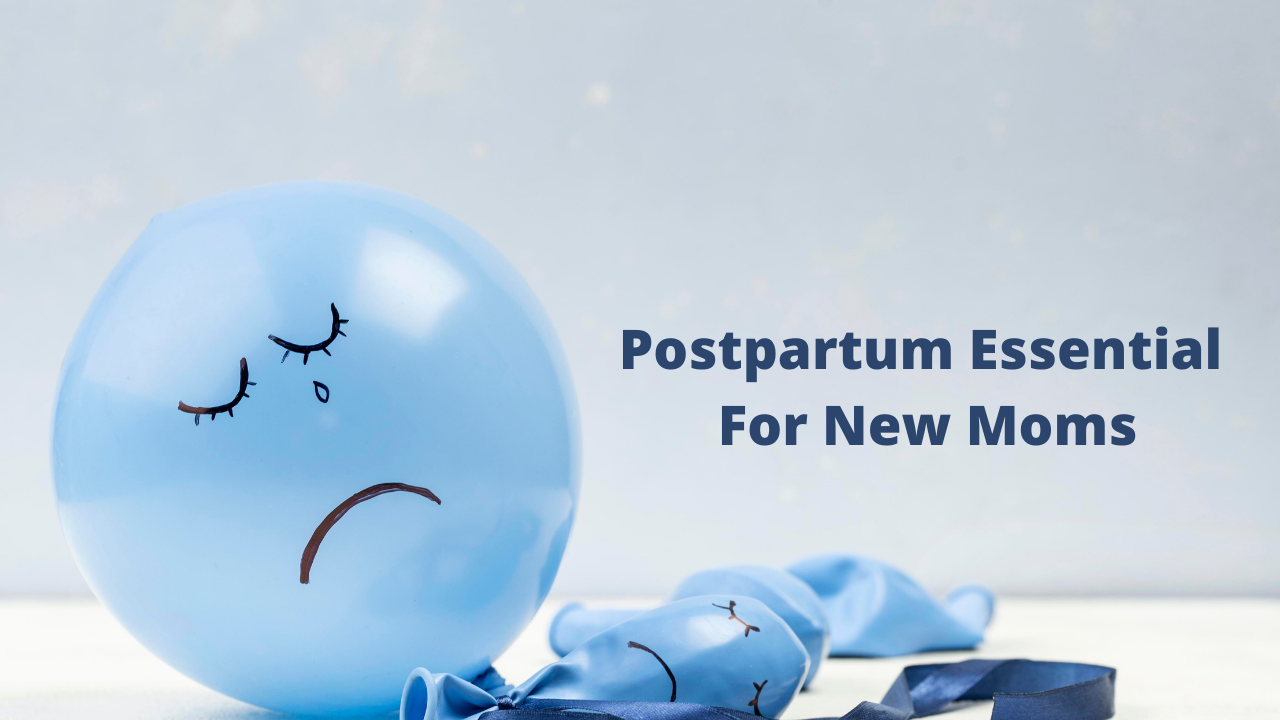
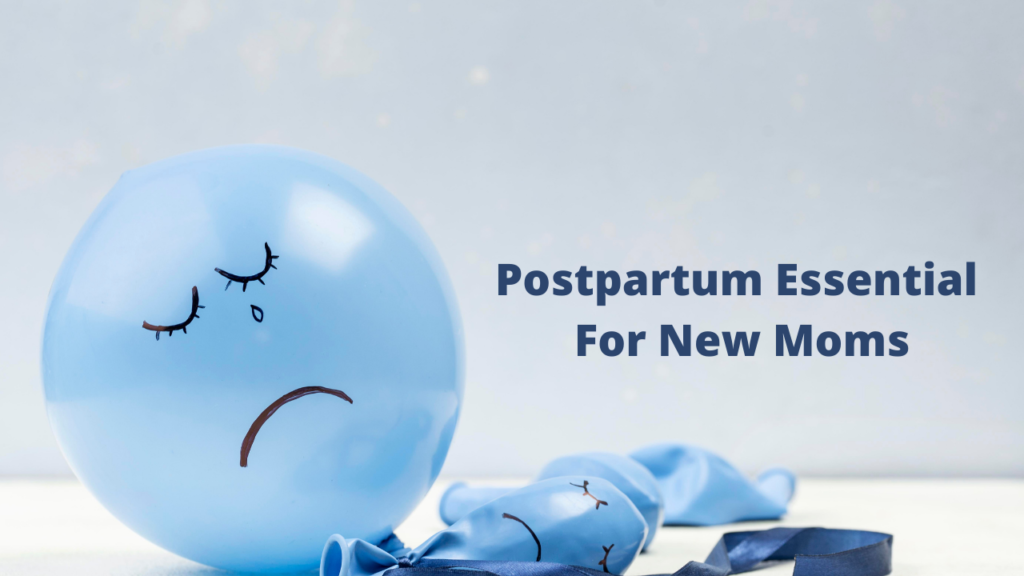

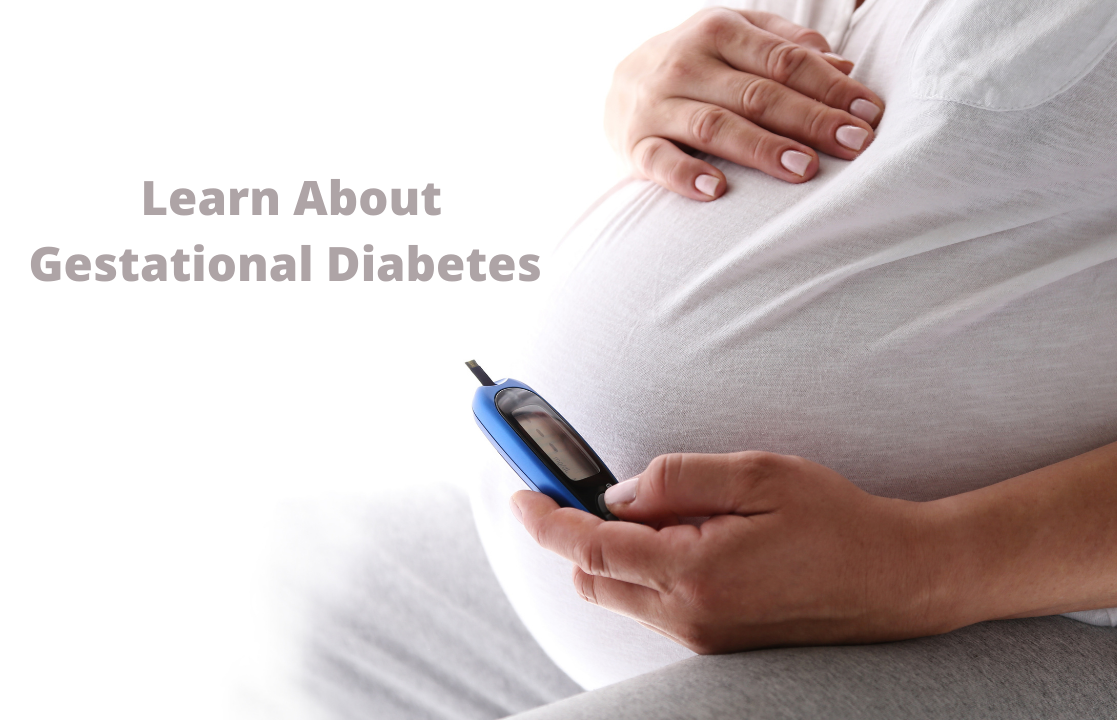
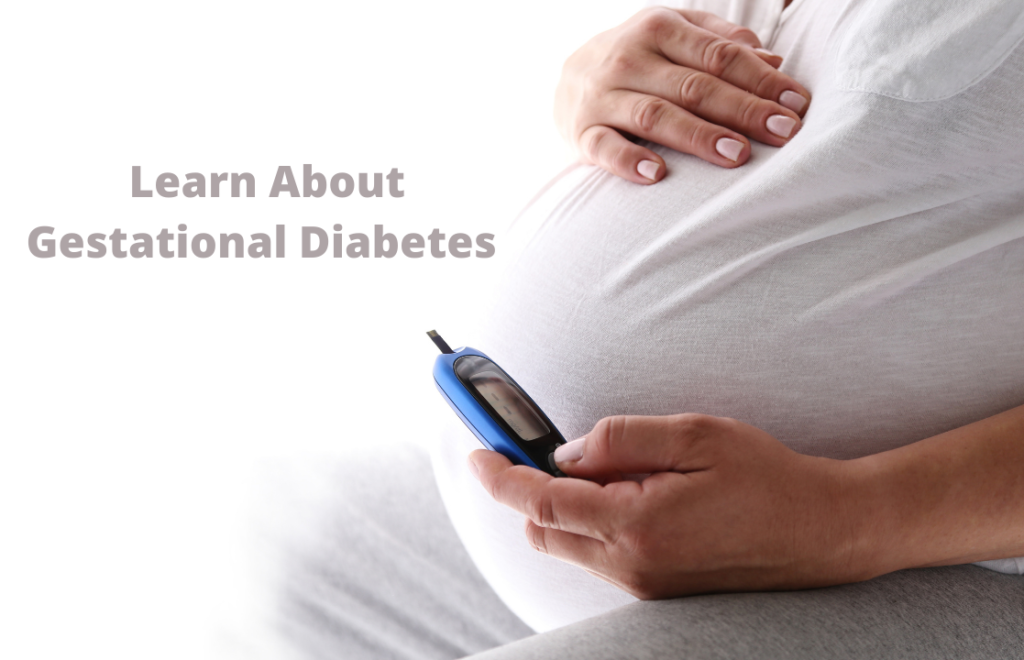














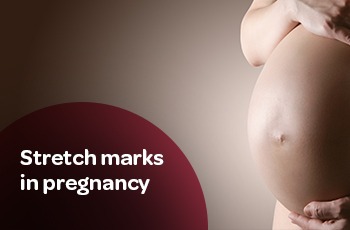

 Consultant – Obstetrician & Gynaecologist at
Consultant – Obstetrician & Gynaecologist at